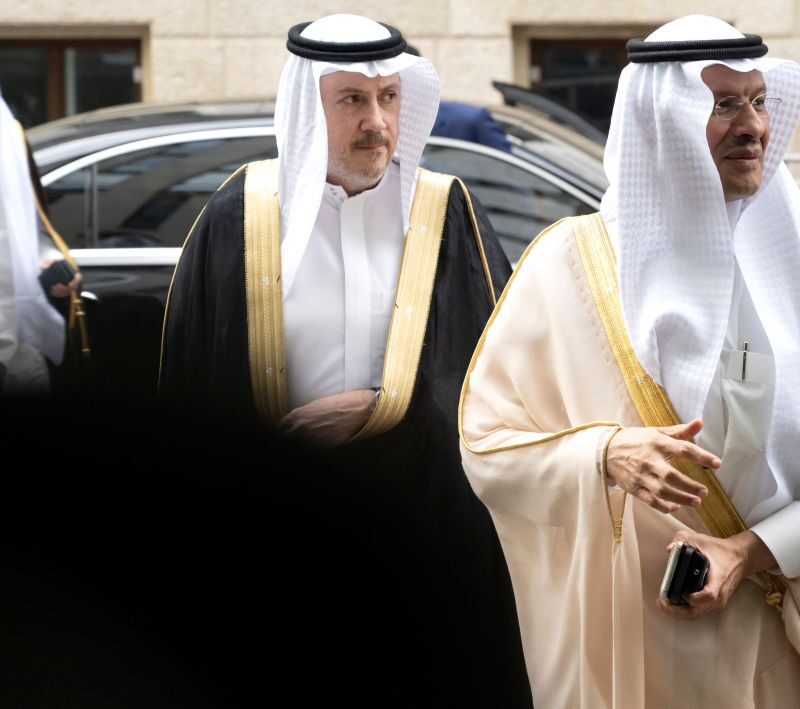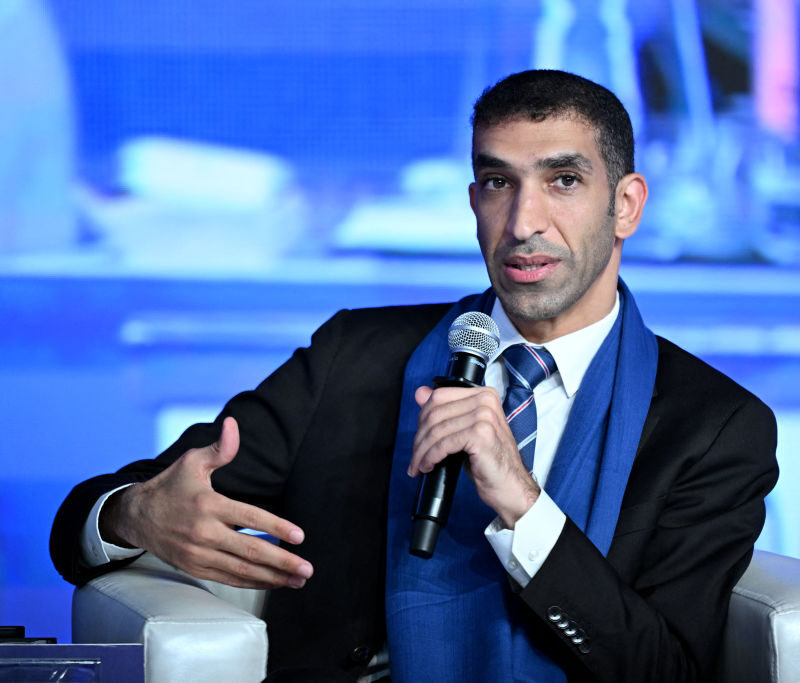
AI startups test the waters in Saudi Arabia’s tech push
Saudi Arabia’s artificial intelligence companies could contribute $135 billion to the economy by 2030, exceeding government forecasts
Lured by generous housing allowances, free office space and potential government partnerships, startup founders are increasingly looking at Saudi Arabia as a home for their emerging artificial intelligence companies.DXwand, a Cairo-based startup that uses conversational AI to help businesses...



